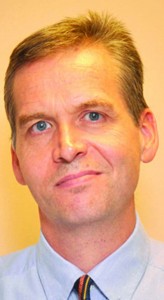
More face-to-face programmes educating ordinary people about climate change are necessary worldwide, since it is believed that the phenomenon is not appreciated by the majority of people in the world, officials say.

More face-to-face programmes educating ordinary people about climate change are necessary worldwide, since it is believed that the phenomenon is not appreciated by the majority of people in the world, officials say.



